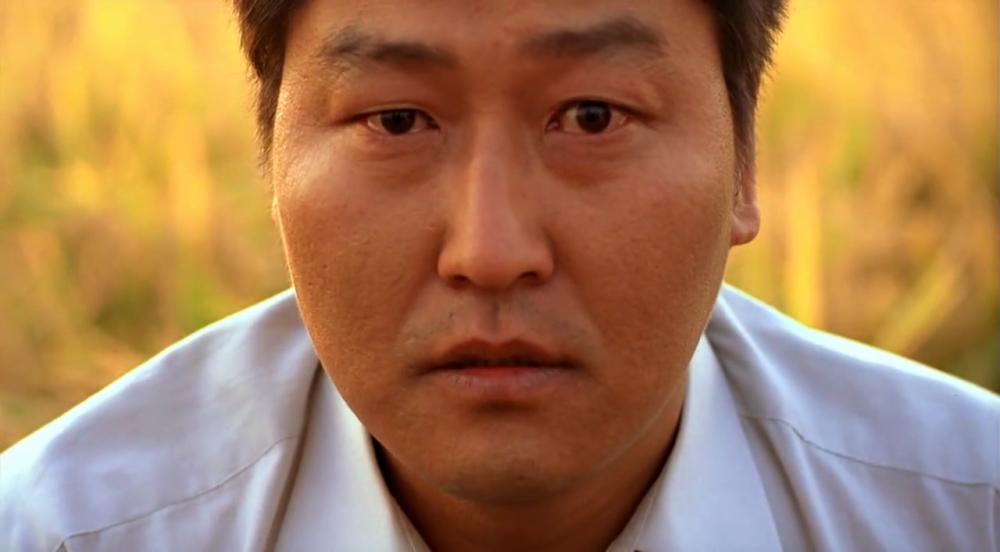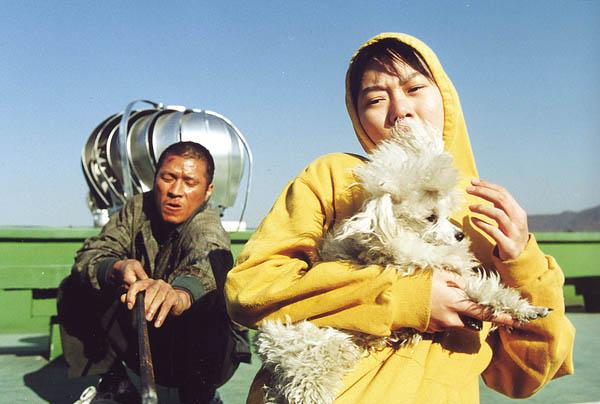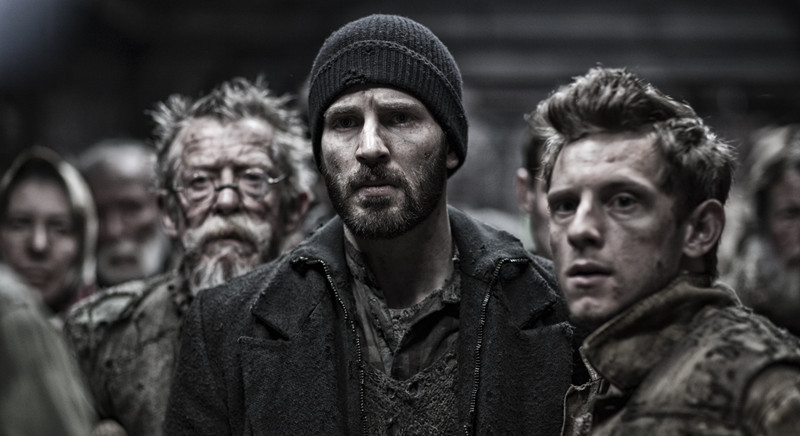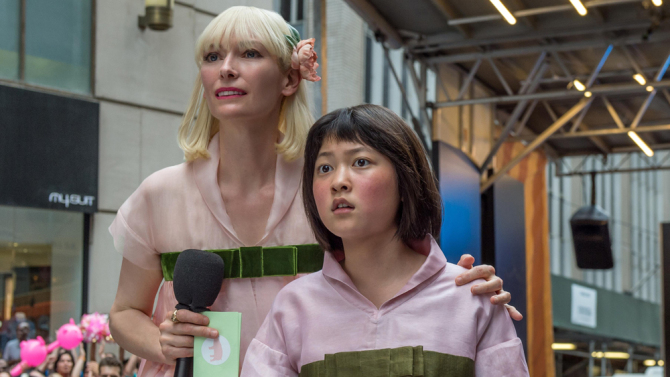
This year a Korean won the most prestigious award at the most prestigious film festival, the Palme D’or from the Cannes Film Festival, making it the first time for a Korean to ever do so. That Korean was not Hong Sang-soo or Kim Ki-duk, or even Lee Chang-dong or Park Chan-wook, it was none other than South Korean director Bong Joon-ho.
And it was about time.
Parasite is the second of his films to be in competition for the coveted award and the first to win it because it is the ultimate culmination of everything he’s become: a genre-blender telling social tales full of twists that have a dark sense of humor, deliberate camerawork, eccentric characters played by a determined ensemble cast, a harsh criticism of humanity, and seamless tonal shifts.
So to honor his achievement, here’s a list of all the hits from the Bong – ranked.
7. Barking Dogs Never Bite

The beginning of Bong Joon-ho’s cinematic voice of course started in his feature-length debut, Barking Dogs Never Bite, and it’s not because it’s bad that it’s at the bottom of this list. It’s only because he’s still figuring out, quite assuredly, the sort of films he wants to make. Sometimes it takes a few films for a filmmaker to decide but Bong seemed to know right away. This is what makes this debut so impressive.
It foreshadows everything he’s now known for: the cinematography knows what it’s doing, it mixes genres, there are uncomfortable things to laugh at, it has cast members he will later work with at least once more, and the main character is on the lower end of the economic hierarchy.
Barking Dogs Never Bite is about an unemployed college professor who’s had enough with unemployment, his nagging pregnant wife, and apparently dogs that won’t STFU. It’s mostly the first two that drive him to the edge, to kidnapping and attempting to kill a dog, setting off a goofy but dark chain events.
It pretty much sounds like a student short film concept stretched to 115 minutes, and it pretty much is, but being Bong Joon-ho it’s much better than that. Although that’s not to say it’s perfect. Its pacing is a bit sluggish despite its jazzy score because Bong isn’t quite capable of gracefully balancing subplots and mood changes this early in the game, and the black humor doesn’t go as far as it could. When watching a dark comedy about a dognapper then there better be some good dognapping LOL shenanigans!
Currently on Netflix.
6. Snowpiercer

The year 2013 was kind of an odd, coincidental year. Three South Korean filmmakers made English-language debuts. Kim Jee-woon made The Last Stand starring Arnold Schwarzenegger and Johnny Knoxville, Park Chan-wook made Stoker with Mia Wasikowska and Nicole Kidman, and Bong Joon-ho’s Snowpiercer had an all-star US cast: Chris Evans, Jamie Bell, John Hurt, Octavia Spencer, Tilda Swinton, and Ed Harris.
It is pretty clear Bong got most of the creative say with his English-language debut; unlike the others he got to co-write it, have a South Korean editor, and even cast his boy Song Kang-ho in a significant supporting role. It’s also the better reviewed of the three on Rotten Tomatoes (not that that means anything).
Based on the French graphic novel, “Le Transperceneige (The Snow-Piercer)”, Snowpiercer is centers around Chris Evans’ Curtis leading a revolution aboard a perpetual-motion train circling the globe after most life on Earth is destroyed by a global warming experiment. The train is divided by class – the poor in the back, the rich in the front. To reach the front for their revenge, or just to have their voices heard, they have to go through sections of the train that represent the agriculture industry, the education system, and so forth.
Needless to say, the allegory is a bit heavy-handed, which ultimately hurts the film, and it certainly doesn’t help that Ed Harris delivers what feels like a 20-minute monologue of exposition near the end. It’s hard to ignore the craft though, and it’s definitely a thrilling ride with some twisted revelations.
Also currently streaming on Netflix.
5. Okja

One can say whatever they want about Netflix productions but sometimes they produce one that even the haters can’t help but talk about. Bong Joon-ho’s Okja is one of those.
What sets it apart from most, however, is that it’s not a full-foreign Netflix production and it’s not a 100% American Netflix production either. Half the story takes place in South Korea, the other half takes place in the United States, with a young non-English speaking South Korean girl in the lead.
Okja is exactly as David Ehlrich of IndieWire describes it: “E.T. on crack”. Instead of an alien from outer space that’s taken by the US government, it’s a genetically engineered “super pig” that’s taken by the US corporation that created it. Its friend, the young South Korean girl Mija, sets off on a mission to get it back and teams up with the ALF (Animal Liberation Front) to do so, of which Paul Dano plays the leader.
Tilda Swinton co-stars in a dual role (because why not?) and Jake Gyllenhaal co-stars as a morally compromised Steve Irwin whose performance is clearly inspired by anime. The whole film, regardless of not being a wholly Asian film with an all-Asian cast, has an Asian sense of humor that definitely makes for a unique experience.
While Okja is obviously preachier than Snowpiercer, it just has so much heart and is actually rather morally unbiased. The Miranda Corporation is factory farming animals, yes, but they’re factory farming a new animal they created (in an effort to be more eco-friendly) – is that better, worse, or the same as factory farming real, existing animals? The ALF wants to save animals, yes, but Bong occasionally pokes fun at their moral grandstanding and even ensures some of their methods are questionable at best.
When all is said and done Okja correctly suggests that one doesn’t have to be vegan to be pro-animal. In fact, it suggests eating animals isn’t inherently immoral – it’s how the animals live and how they’re treated beforehand that should be questioned and taken seriously.